If your home or business experiences frequent power fluctuations or brief outages, the culprit could be your circuit breakers. They are a vital part of any electrical system by monitoring and controlling the electricity flow to a specific area. As integral as they are, the fixing cost seems pretty high.
But how much does it cost to replace a circuit breaker?
Lucky you, replacing one is relatively simple as long as you know where it is and what type of circuit breaker switch you need. Let us unveil the details for you now!
How Much To Replace A Circuit Breaker?
The breaker replacement cost is substantially cheaper than replacing the entire service panel. The price range for faulty components replacement is $100 – $200, depending on the location. This is a little discrepancy as opposed to the national average of $250.
That may be too much to pay as other services just cost $120-$150. While fuses are only a few dollars, certain switches can fetch double or triple that actual price.
Still, the project’s most costly part can be the labor, as none of the components is particularly rare or expensive.
Any additional circuit breaker electrical panel and fuse boxes are in charge of protecting against electrical overload by electric-flow interruption, but they work in different ways. A fuse is a metal component melting at high temperatures and faster at cutting off power.
Meanwhile, when an abnormal current surge occurs, the circuit breaker’s internal switch is activated, protecting the home and construction project from damage. Resetting a circuit breaker is relatively easy.
Factors Affecting The Circuit Breaker Replacement Cost
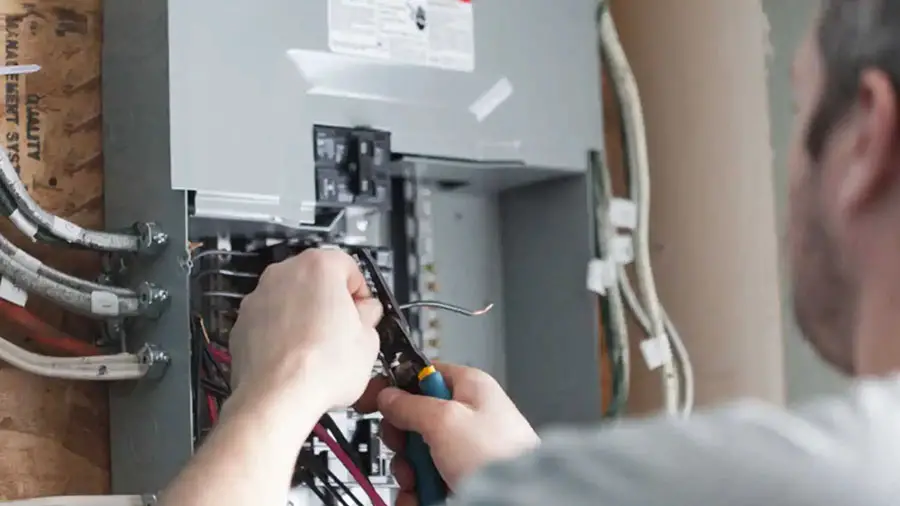
There are 7 contributors to the whole expense of your circuit breaker replacement, such as labor costs, who you hire, AFCI/GFCI, how many breakers you use, task complexity, and components availability.
- Labor Costs
The cost of living tends to be greater in coastal areas and metropolises. Wages might easily exceed $150/h in some areas. In the Midwest and the South, professional electricians can earn around $90/h in smaller cities and towns.
Looking at the labor rates, we know why it’s the major price factor.
- Who Done The Tasks
Electrical workers progress from “Apprentice” through “Journeyman” to “Master” – a position for the most experienced electricians. The higher the rank, the more expensive the labor will be.
- Circuit Breaker Specs
Most breakers are inexpensive one-pole, 120-volt models rated for 15 to 50 amps. Meanwhile, a two-pole, 240-volt, 100-amp-to-225-amp breaker will set you back anywhere from 2-5 times the average cost.
- AFCI/GFCI
Breakers with AFCI/GFCI are twice as expensive as regular 15 and 20-amp circuits. Your bathrooms and kitchens often require them due to the potential for electric shock by water-and-electricity interaction.
- How Many Breakers You Install
Typically, the more breakers you need, the lower the per-breaker cost. Professional electricians usually charge a minimum service fee of more than $75, including traveling and other expenses.
- Part Availability
It’s cheap if the component is abundant on the market and still in production. In contrast, the items’ price can increase if it is rare and difficult to seek.
- Job Complexity
Regarding the circuit breaker installation, the average cost of the job may rise if qualified electricians have trouble getting to the electrical circuit breaker panel or the entire electricity system. Still, this case is rare at large.
DIY Circuit Breaker Replacement Vs Hire A Pro – What Should You Choose?
Many people favor hiring an expert over doing the tasks by themselves.
DIY electrical work is not recommended. Only do it if you are very sure of your ability.
It is likely against local building codes to try and perform electrical work without the proper license or permit, which could result in a fine.
Also, damage or entire house fires are more likely to occur with DIY methods and unauthorized work, leaving you vulnerable financially and physically if something goes wrong.
Meanwhile, you won’t have to fret about being held financially responsible since a master electrician is appropriately insured and bonded.
As with any electrical work, changing a breaker is a simple task for a skilled electrician, but safety must always come first.
A licensed electrician has the expertise, particularly in electrical appliances, electrical equipment, electrical wiring, power supply, the flow of power, electrical load, surge of electricity, and service entrance cables, necessary to complete related work efficiently and safely.
They do the trick with minimal disruption for energy usage, materials cost, period of labor time, and hours of labor. As a result, hiring a pro is the safer and faster pick.
FAQs
How Do You Know When A Breaker Goes Bad?
If a circuit breaker has a burned smell or shows symptoms of charring, it has likely already failed or is going to.
Whether it trips frequently, won’t reset, or grows hot to the touch, it’s time to change your circuit breaker or call the electrical services.
How Much Does A 20 Amp Circuit Breaker Cost?
The total cost to replace a breaker switch for a circuit, including components and installation, can be as much as $200.
Each of the bigger 20-amp switches costs $10 to $20, while the more common 15-to-20-amp switches’ average price is from $5 to $15. You still utilize a fuse box instead of a circuit breaker box, and a new set of three fuses will charge you between $5 and $10.
Beyond that, it may be up to $70 to replace an older fuse if it’s rare on the market.
Key Takeaways
Depending on the scope of work and complexity, the breaker replacement cost may vary. To minimize your expenditures, it’s better to refer to Internet sources, electrical experts, and experienced people.
Not all residential homes are perfect, and even the best-maintained properties have problems once in a while. One of the most common issues with modern homes is circuit breakers tripping, usually due to a short circuit or another electrical issue.
Be kindhearted to share this post with other guys to gain the benefits as well.
See more:

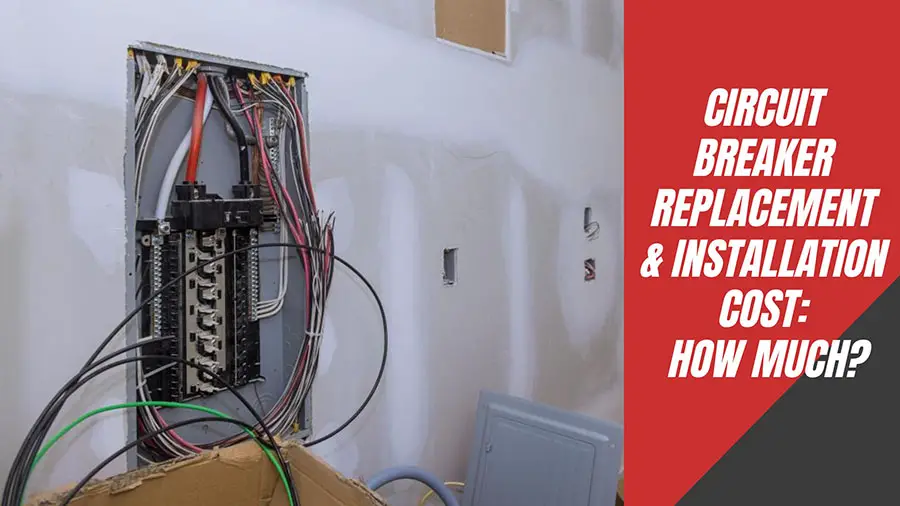

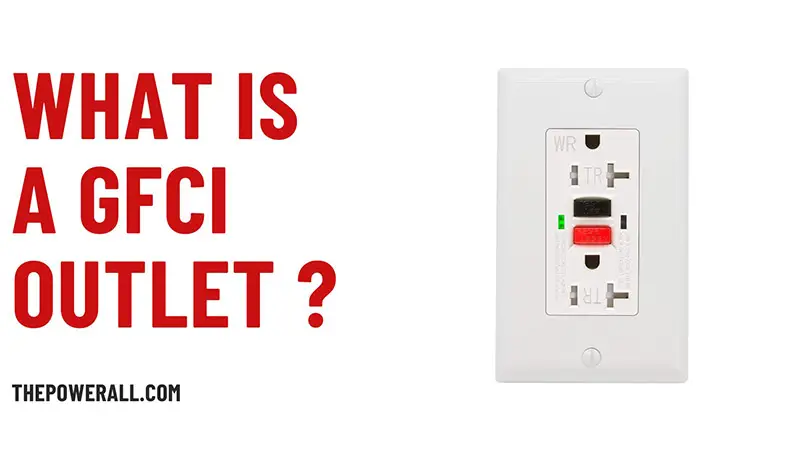

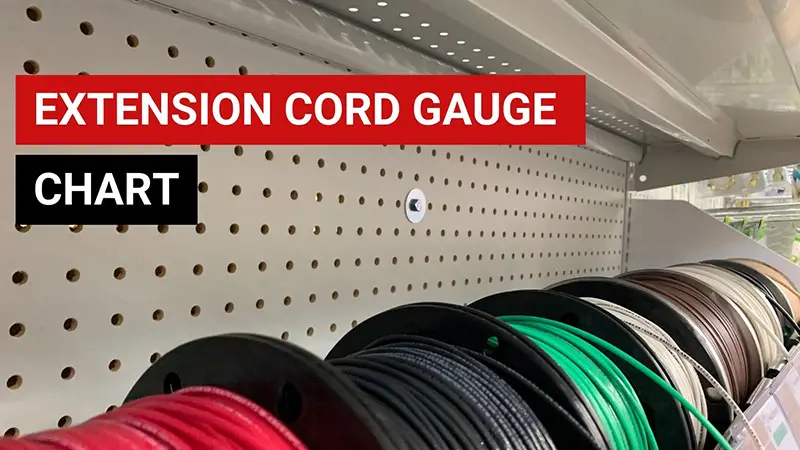
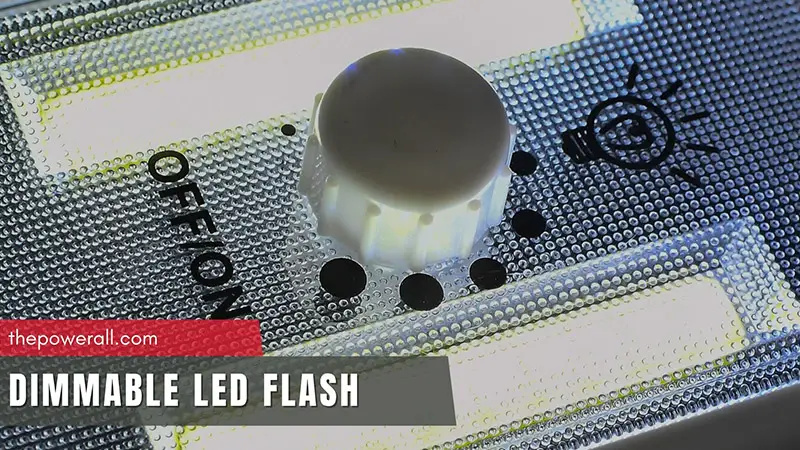


0 Comments